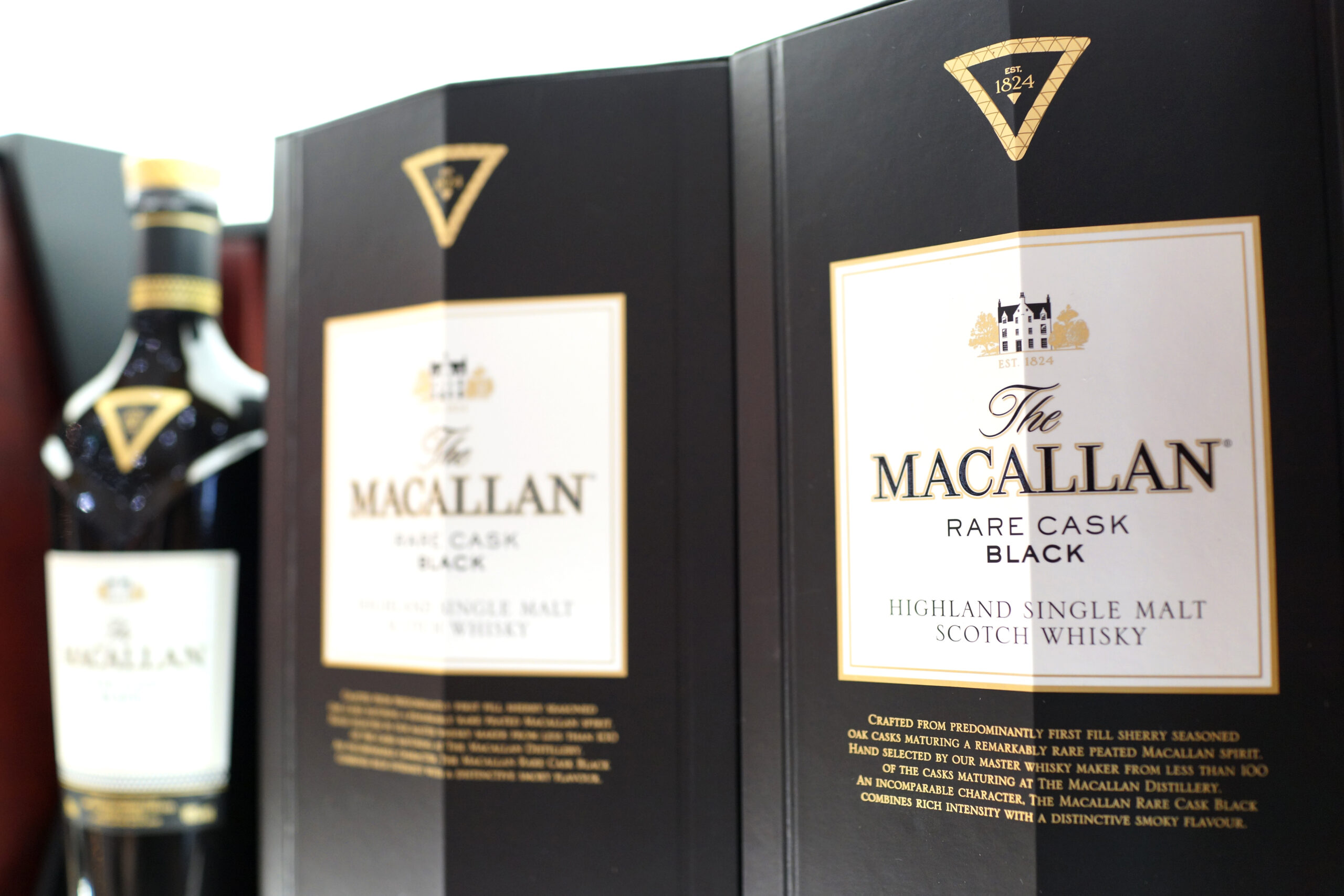Investing in spirits can be an intriguing avenue for those seeking to diversify their investment portfolio or explore opportunities in the alcohol industry. From whiskey to vodka, gin to rum, the spirits market offers a range of options for investors looking to capitalize on both the financial and cultural aspects of this sector. In this comprehensive analysis, we’ll delve into the reasons why investing in spirits can be a lucrative and rewarding endeavor.
1. Resilience in Economic Downturns
Historically, the alcohol industry has demonstrated resilience during economic downturns. Even when consumer spending decreases in other sectors, people often continue to purchase alcohol, albeit sometimes opting for more affordable options. This resilience can provide a level of stability to a portfolio, making spirits investments an attractive choice for risk-averse investors.
2. Growth Potential
The global spirits market has experienced steady growth over the years, driven by factors such as increasing disposable income, changing consumer preferences, and the rising popularity of premium and craft spirits. Emerging markets, particularly in Asia-Pacific and Latin America, present significant growth opportunities as more consumers gain access to discretionary income and develop a taste for premium spirits.
3. Brand Power
Investing in established spirit brands can offer stability and growth potential. Well-known brands often have loyal customer bases and strong distribution networks, making them less susceptible to market fluctuations. Additionally, successful branding and marketing efforts can create a competitive advantage, allowing brands to command premium prices and maintain profitability.
4. Diversification
Adding spirits investments to a diversified portfolio can help spread risk across different asset classes and industries. Since the alcohol industry is not directly correlated with other sectors such as technology or healthcare, investing in spirits can provide a hedge against market volatility and economic uncertainty.
5.Rising Demand for Premium and Craft Spirits
The growing trend towards premiumization and craft spirits presents an opportunity for investors to capitalize on higher margins and niche markets. Consumers are increasingly willing to pay a premium for unique and artisanal products, driving demand for small-batch, high-quality spirits. Investing in craft distilleries or boutique brands with a strong focus on quality and authenticity can be particularly lucrative in this environment.
6. Globalization and Market Expansion
As global markets continue to integrate, spirits companies have expanded their reach into new territories, tapping into diverse consumer preferences and cultural trends. Investing in multinational spirits companies allows investors to participate in this global expansion and benefit from the synergies of operating in multiple markets.
7. Innovation and Product Development
The spirits industry is constantly evolving, with companies investing in research and development to create innovative products and capitalize on emerging trends. Investments in companies with a track record of innovation and a pipeline of new products can provide long-term growth opportunities and a competitive edge in the market.
8. Regulatory Environment
While regulatory challenges exist in the alcohol industry, they can also create barriers to entry and protect established players. Understanding and navigating the regulatory landscape is crucial for investors looking to capitalize on opportunities in the spirits market.
9. Tangible Assets
Unlike some other investment vehicles, spirits offer tangible assets that hold inherent value. Aging spirits, such as whiskey and cognac, increase in value over time as they mature in oak barrels, making them attractive assets for collectors and investors alike. Additionally, rare and limited-edition releases can command significant premiums on the secondary market, further enhancing their investment appeal.
10. Cultural and Social Significance
Beyond the financial aspects, investing in spirits can hold cultural and social significance for enthusiasts. Spirits often have deep-rooted traditions and histories, making them more than just commodities. Investing in spirits allows individuals to connect with the heritage and craftsmanship behind their favorite drinks while potentially reaping financial rewards.
In conclusion, investing in spirits can offer a range of benefits, including resilience in economic downturns, growth potential, diversification, and the opportunity to participate in a dynamic and evolving industry. Whether you’re a seasoned investor looking to diversify your portfolio or an enthusiast passionate about the world of spirits, exploring investment opportunities in this sector can be both rewarding and profitable. However, like any investment, thorough research and careful consideration of risks are essential before committing capital to the spirits market.





